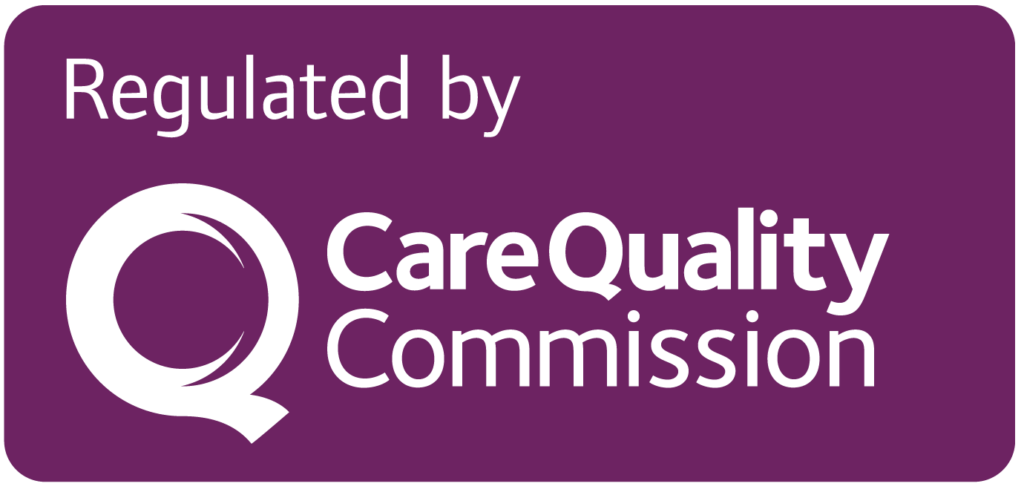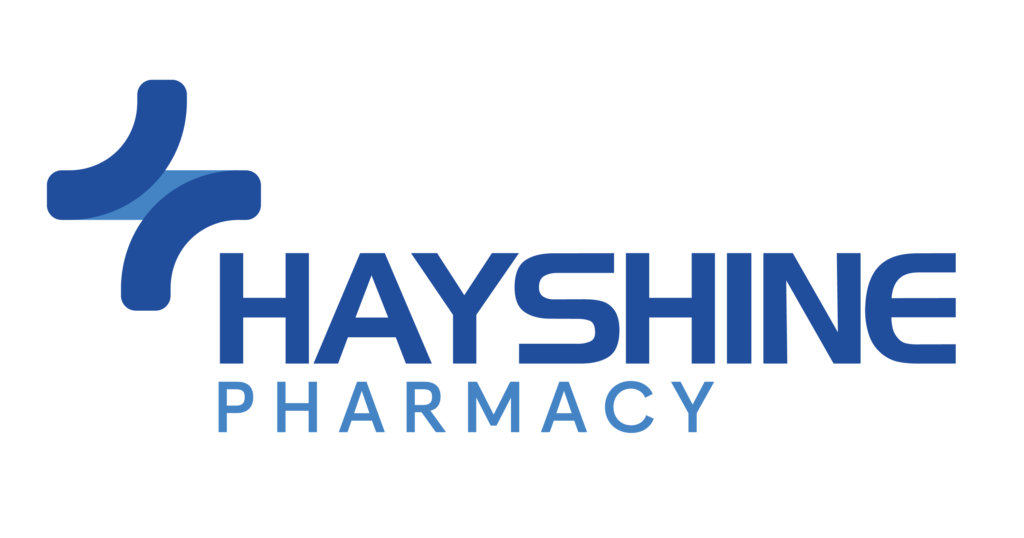In the quest for longevity and improved well-being, one compound has sparked increasing interest among scientists and health enthusiasts alike: NAD, or Nicotinamide Adenine Dinucleotide. Though it may sound like something straight out of a biology textbook, NAD⁺ plays a vital role in how our bodies function — right down to the cellular level. In this blog post, we’ll explore what NAD⁺ is, why it’s important, how it changes with age, and how we might naturally support and boost its levels.
Table of Contents
ToggleWhat is NAD?
NAD is a coenzyme found in all living cells. It exists in two forms:
- NAD⁺ (oxidised form)
- NADH (reduced form)
These forms act as molecular currency in the body’s energy transactions, helping to transfer electrons in metabolic processes such as:
- Cellular respiration
- DNA repair
- Gene expression
- Cell signalling
In simpler terms, NAD is essential for converting the food we eat into the energy our cells can use. Without it, our bodies wouldn’t function properly.
Why is NAD⁺ Important?
1. Energy Metabolism
NAD is fundamental to the Krebs cycle and oxidative phosphorylation, two key steps in producing ATP — the primary energy currency of cells. Every time you move, think, or even breathe, ATP is involved, and NAD⁺ is essential to its creation.
2. DNA Repair and Longevity
Our DNA undergoes damage daily due to environmental factors like UV radiation, pollution, and even metabolic stress. NAD supports enzymes called PARPs (Poly ADP-ribose polymerases), which help repair this damage. A drop in NAD⁺ levels compromises DNA repair, which is closely linked to ageing and disease development.
3. Sirtuin Activation
NAD is a necessary cofactor for a family of proteins called sirtuins, often referred to as “longevity genes”. These proteins regulate processes related to ageing, inflammation, and cellular stress resistance.
4. Immune Function
Recent studies suggest that NAD influences immune responses, particularly during infections and in chronic inflammation. It supports immune cell activation and the body’s ability to respond to pathogens.
NAD Levels Decline With Age
Unfortunately, as we get older, our NAD⁺ levels naturally decline, with some studies suggesting a drop of up to 50% by middle age. This decline is associated with:
- Fatigue
- Cognitive decline
- Increased susceptibility to diseases
- Slower recovery and healing
- Visible signs of ageing
This reduction in NAD is thought to contribute to many age-related diseases, including neurodegenerative disorders (e.g., Alzheimer’s), cardiovascular disease, and metabolic syndrome.
How Can You Boost NAD Naturally?
While NAD supplements are becoming increasingly popular, there are several lifestyle habits and natural ways to boost NAD⁺ levels.
1. Intermittent Fasting / Caloric Restriction
These approaches activate AMPK and sirtuins, both of which are involved in boosting NAD⁺ production.
2. Exercise
Physical activity is a proven stimulator of NAD biosynthesis. It increases the demand for energy, which pushes your cells to produce more NAD to meet this need.
3. Heat & Cold Exposure
- Saunas and cold therapy (like ice baths or cold showers) induce mild stress that can increase NAD⁺ production as part of the body’s adaptation response.
4. NAD Precursors
These are compounds the body uses to produce NAD⁺:
- Niacin (Vitamin B3)
- Nicotinamide (NAM)
- Nicotinamide Riboside (NR)
- Nicotinamide Mononucleotide (NMN)
NMN and NR are the most studied modern NAD⁺ boosters and are available as supplements.
5. Avoid Excessive Alcohol
Chronic alcohol consumption depletes NAD⁺ and impairs its production, particularly in the liver.
Supplementing NAD: Is It Worth It?
Many brands now offer NAD supplements or its precursors (like NMN and NR), claiming to improve energy, mental clarity, and even reverse some signs of ageing. While some animal studies and early human trials are promising, more large-scale human research is needed to fully validate these claims.
However, early anecdotal reports and smaller studies suggest benefits such as:
- Improved physical and mental energy.
- Better sleep quality.
- Enhanced cognitive function.
- Healthier skin and appearance.
Some clinics also offer NAD IV therapy, a more direct and potent method, though it’s expensive and still under investigation.
Are There Any Risks or Side Effects?
Natural boosters like exercise or healthy eating carry no risk. However, with supplements, it’s essential to:
- Choose reputable brands.
- Consult a healthcare provider before starting, especially if you’re on medication or pregnant.
- Be aware of mild side effects like nausea, flushing (with niacin), or digestive discomfort.
Final Thoughts
NAD might just be the unsung hero of our cellular health and vitality. As science continues to explore its role in ageing and disease, more and more people are turning to natural habits and supplemental support to maintain optimal NAD levels.
Whether you’re aiming to boost your energy, slow the signs of ageing, or simply support your long-term health, understanding NAD⁺ and how to nurture it could be a significant step in your wellness journey.
Want to Get Started?
- Start with small habits like regular movement, reducing sugar intake, or trying time-restricted eating.
- Consider discussing NAD⁺ boosters with your GP or a nutritionist.
- Remember: no supplement replaces a healthy lifestyle.
If you’re interested in taking your NAD support to the next level, Hayshine Pharmacy in Welling now offers the latest NAD⁺ injector pens and infusion therapies from Vaion. Click here for more information — we’ve put together a full page with everything you need to know about our NAD⁺ services.







